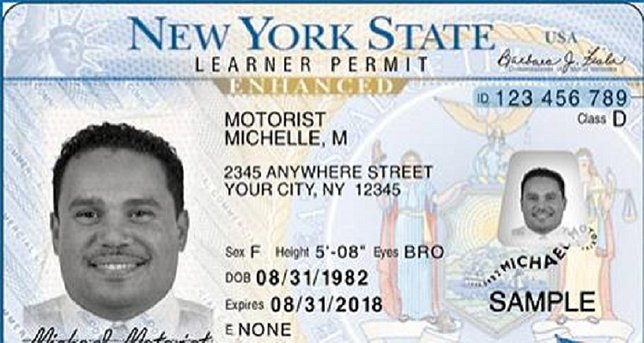Albany, NY - August 24, 2016 - Governor Andrew M. Cuomo today announced that a major enhancement to the New York State Department of Motor Vehicles' facial recognition program has led to more than 100 arrests and 900 open cases since it launched in January. The facial recognition system, which combats identity theft and fraud, and removes high-risk drivers from the road, doubles the number of measurement points mapped to each digitized driver photograph to vastly improve the system's ability to match a photograph to one that already exists in DMV's database.
"Facial recognition plays a critical role in keeping our communities safer by cracking down on individuals who break the law," Governor Cuomo said. "New York is leading the nation with this technology, and the results from our use of this enhanced technology are proof positive that its use is vital in making our roads safer and holding fraudsters accountable.”
Arrests Occurred in the Following Regions:
- New York City – 40
- Capital Region – 26
- Long Island – 17
- Mid-Hudson – 13
- Western NY – 3
- Finger Lakes – 3
- Southern Tier – 2
- Central NY – 1
DMV Executive Deputy Commissioner Terri Egan said, "DMV is a national leader in the use of facial recognition technology, and we are encouraged by the success of our improved system in just a few short months. DMV's facial recognition technology prevents fraud by those who attempt to manipulate the system, including every-day motorists as well as commercial and for-hire drivers who transport goods and people throughout the state."
DMV investigators work with a number of federal, state, and local law enforcement agencies to apprehend individuals caught by facial recognition technology who typically face one or more felony charges. Nearly half of those arrested by DMV investigators are accused of using a stolen identity to obtain a license when their original license under their true name was suspended or revoked.
Recent cases in which enhanced facial recognition technology has helped investigators catch perpetrators include:
- A man who is accused of filing for a license under a stolen identity allegedly stated that his information had not changed and that he has never had a suspended or revoked license. At the time of his application, his New Jersey commercial driver license under his true name was suspended for four alcohol-related offenses.
- Nearly two dozen individuals who allegedly modified their names and dates of birth to obtain secondary social security numbers and use them to get new licenses to bypass suspensions, revocations, or higher insurance costs.
- Five individuals who attempted to take over someone else’s existing New York State DMV record.
Individuals who are arrested based on facial recognition matches are typically charged with filing a false instrument, tampering with public records, and forgery. DMV also works with several other states, using facial recognition technology to identify CDL holders attempting to exploit the individual state licensing process to evade traffic tickets, commit insurance fraud, and/or avoid driver responsibility assessments.
The upgraded system increases the number of measurement points on the face from 64 to 128, doubling the number of measurement points mapped to each digitized driver photograph and vastly improving the system's ability to match a photograph to one already in the database. The system also allows for the ability to overlay images, invert colors, and convert images to black and white to better see scars and identifying features on the face. Different hair styles, glasses, and other features that change over time – including those that evolve as a subject ages – do not prevent the system from matching photographs. DMV will not issue a driver license or non-driver ID until the newly captured photograph is cleared through the facial recognition system.
Since the facial recognition technology was implemented in 2010, more than 3,800 individuals have been arrested for possessing multiple licenses. Additionally, more than 10,800 facial recognition cases have been solved administratively, without the need for an arrest. If the transactions are too old to pursue criminal prosecution, DMV is still able to hold subjects accountable by revoking licenses and moving all tickets, convictions, and crashes to the individual’s true record.










